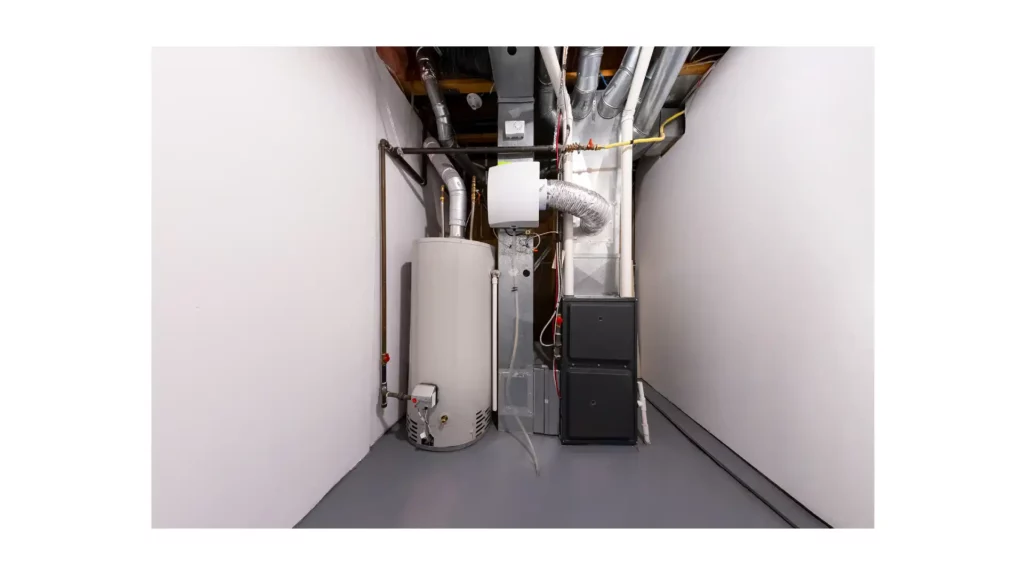In today's fast-paced world, convenience and efficiency have become paramount, even in our homes. When it comes to hot water, one appliance stands out for delivering both comfort and energy savings – the high-efficiency power vent water heater.
In this guide, we will delve deep into the world of high efficiency power vent water heaters, exploring their benefits, how they work, installation considerations, maintenance tips, and more.
Understanding the Basics of High Efficiency Power Vent Water Heaters
High efficiency power vent water heaters are designed to provide hot water efficiently while minimizing energy waste. They belong to the family of tank-type water heaters, but they have a few key features that set them apart. Let's start by breaking down the key components:
- Power Venting
Unlike traditional water heaters that rely on natural draft, high efficiency power vent water heaters use a fan or blower to expel combustion gases, allowing for flexible installation options.
- Condensing Technology
These energy efficient water heaters often use condensing technology, which captures and utilizes the heat from combustion gases that would otherwise be wasted.
- Storage Tank
They store and heat water in a tank, ensuring a constant supply of hot water when you need it.
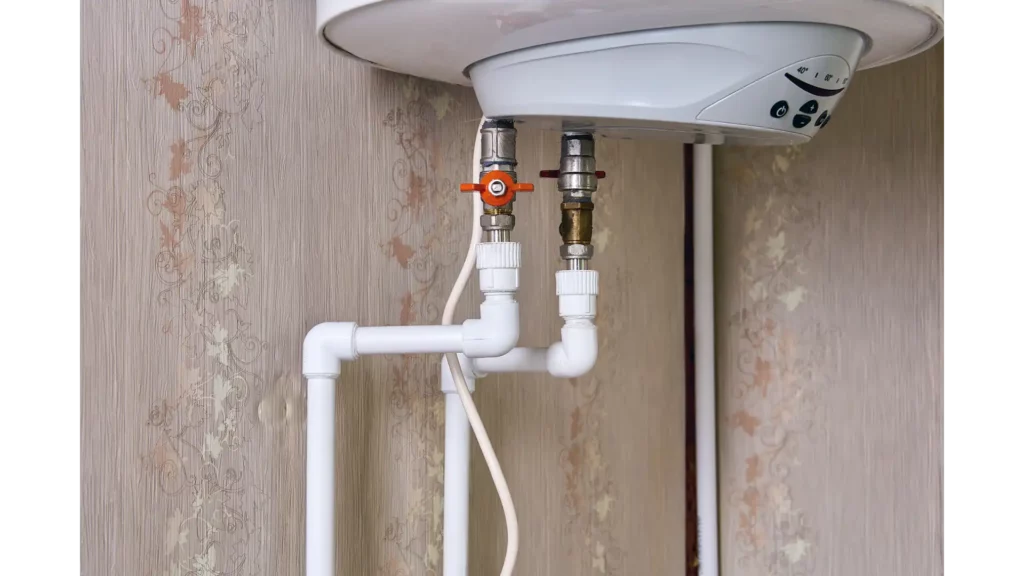
The Advantages of High Efficiency Power Vent Water Heaters
When it comes to upgrading your water heating system, you'll want to know the benefits you can expect. High efficiency power vent water heaters offer several advantages:
- Energy Efficiency: These units are designed to maximize energy use, resulting in significant cost savings on your utility bills. They have a higher Energy Factor (EF) compared to standard water heaters.
- Consistent Hot Water: With a tank that stores and preheats water, you'll have a reliable supply of hot water, even during peak usage times.
- Versatile Installation: The power venting feature allows for more flexible installation options since they can be vented horizontally or vertically through a sidewall or roof.
- Lower Environmental Impact: With their energy-efficient design, these water heaters produce fewer greenhouse gas emissions, contributing to a greener home.
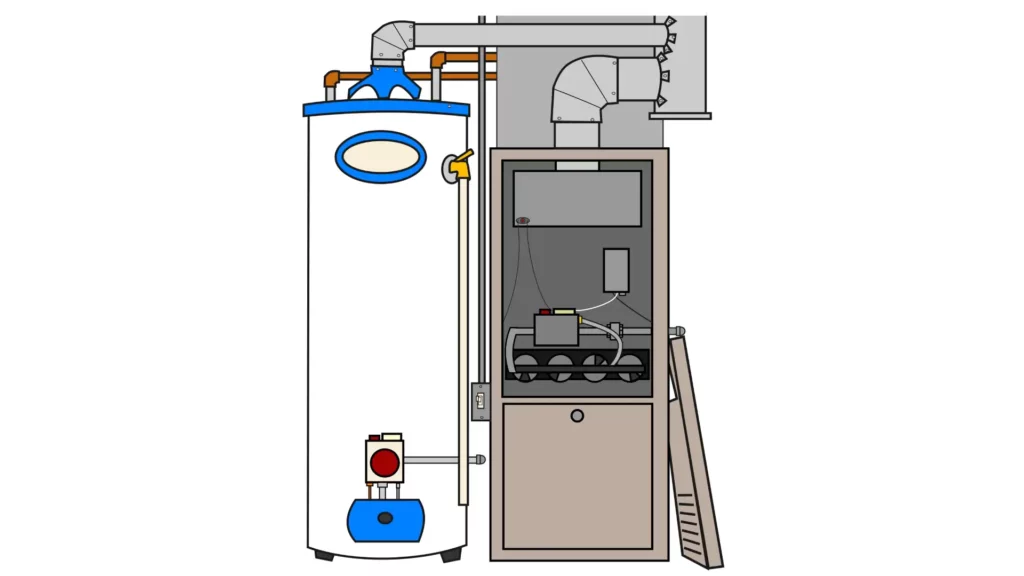
How Do Power Vent Water Heater Efficiency Work?
To understand the inner workings of these water heaters, let's explore the step-by-step process of heating water efficiently:
- Cold Water Inflow: When you turn on a hot water tap, cold water enters the tank through a dip tube, which ensures that the incoming cold water doesn't mix with the already heated water at the top of the tank.
- Heating the Water: A gas burner or electric heating element heats the water in the tank to the desired temperature. In power vent water heater efficiency, the combustion process is carefully controlled to minimize energy waste.
- Power Venting: The combustion gases produced during the heating process are pushed out of the tank through the power vent water heater efficiency system.
- Hot Water Delivery: The hot water is then delivered to your faucets and appliances as needed. The tank continuously refills and heats water to maintain a consistent supply.
Read also our post on Energy Efficient Water Heaters
High Efficiency Gas Water Heater Power Vent: Optimizing Your Hot Water Supply
When it comes to achieving the perfect blend of efficiency and convenience in your hot water supply, the high efficiency gas water heater power vent stands out as a top-tier choice.
This advanced appliance combines the benefits of high energy efficiency, gas-powered heating, and power venting technology to deliver an exceptional hot water experience.
A high efficiency gas water heater power vent operates by efficiently heating water with the use of natural gas, while its power venting system ensures safe and effective removal of combustion gases.
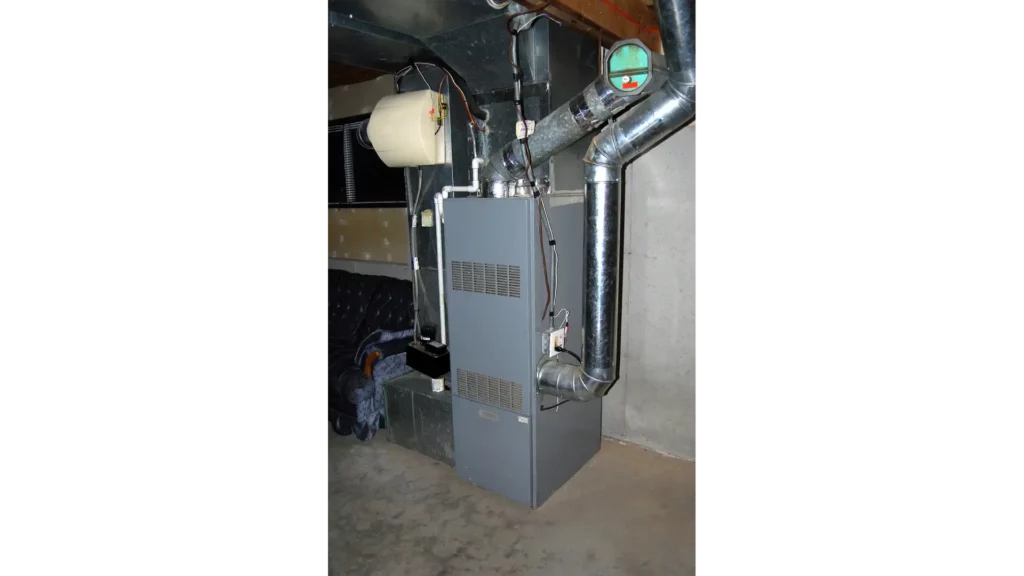
Selecting the Right Size and Capacity
Choosing the right size and capacity for your high efficiency power vent water heater is crucial to meet your household's hot water demands efficiently. Factors to consider include:
- Household Size: Larger households typically require higher capacity units to meet their hot water needs. For smaller homes or single occupants, a smaller tank may suffice.
- Usage Patterns: Consider your family's hot water usage patterns. Do you frequently run multiple showers, appliances, or faucets simultaneously? This will impact the size you need.
- Efficiency: High efficiency units recover more quickly than standard ones, so you may require a smaller tank to meet your needs if you prioritize efficiency.
- Space Constraints: Make sure you have adequate space for the water heater installation. High efficiency power vent water heaters can be bulkier than other types, so measure your available space carefully.
- Climate: The groundwater temperature in your area can affect the water heater's performance. In colder climates, a larger tank or a more efficient unit may be necessary.
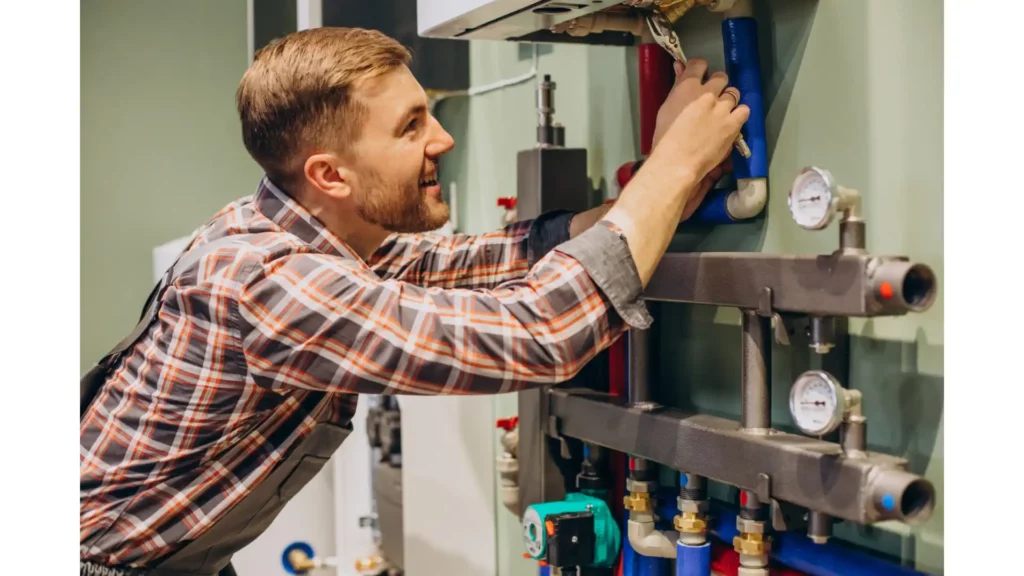
Installation Considerations
Installing a high efficiency power vent water heater involves several crucial steps to ensure safe and efficient operation. It's advisable to hire a professional plumber or HVAC technician for the installation. Here are some key installation considerations:
- Venting: Ensure proper venting to expel combustion gases safely. Follow manufacturer guidelines for venting options, whether horizontal or vertical.
- Gas or Electric: Confirm the availability of the energy source required for your chosen unit (natural gas, propane, or electricity).
- Location: Place the water heater in an area with proper ventilation, avoiding enclosed spaces. Ensure the unit complies with local building codes and regulations.
- Water Supply: Connect the water heater to the cold-water supply line and hot water distribution lines, ensuring proper connections and minimizing heat loss.
- Sediment Removal: Install a drain valve at the bottom of the tank for periodic flushing to remove sediment buildup.
Energy Efficiency and Cost Savings
One of the most compelling reasons to choose a high efficiency power vent water heater is the potential for significant energy savings. Let's explore how these units achieve higher energy efficiency:
- Condensing Technology
By capturing and utilizing heat from combustion gases, condensing high efficiency units can achieve EF ratings of 0.90 or higher. This means that 90% or more of the energy input is converted into usable hot water.
- Reduced Standby Heat Loss
The well-insulated tank minimizes standby heat loss, ensuring that the water remains hot without constant reheating.
- Smart Controls
Some models come equipped with smart controls and timers, allowing you to program the unit to operate more efficiently, such as lowering the temperature during periods of low demand.
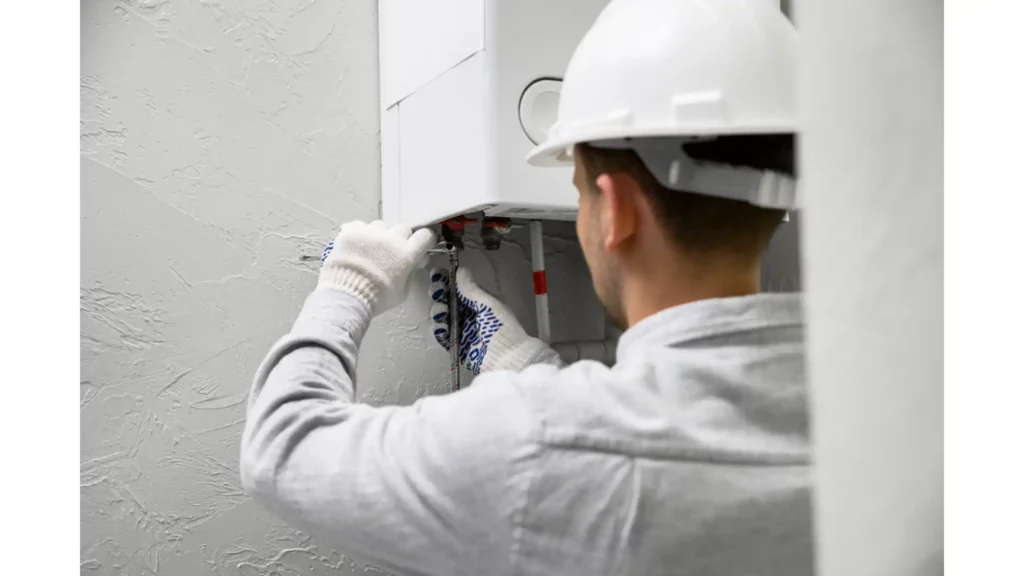
Maintenance and Troubleshooting
Proper maintenance is essential to ensure the longevity and efficiency of your high efficiency power vent water heater. Here are some maintenance tips and common troubleshooting steps:
- Annual Inspection: Schedule an annual inspection by a qualified technician to check for any issues, including the condition of the anode rod, burner, and venting system.
- Flush the Tank: Periodically flush the tank to remove sediment buildup, which can reduce efficiency.
- Check the Venting System: Inspect the venting system for any blockages or damage that could impede proper airflow.
- Monitor for Leaks: Regularly check for leaks around the tank, pressure relief valve, and plumbing connections.
- Troubleshooting: If you encounter issues like insufficient hot water or unusual noises, consult the manufacturer's manual or contact a professional technician for diagnosis and repair.
Environmental Impact and Sustainability
In an era of growing environmental awareness, it's crucial to consider the environmental impact of household appliances. High efficiency power vent water heaters contribute positively in several ways:
- Lower Energy Consumption: Their energy-efficient design reduces the overall energy consumption for water heating, leading to reduced greenhouse gas emissions.
- Reduced Water Waste: Efficient units waste less water while heating, as they heat water more quickly and accurately.
- Longer Lifespan: With proper maintenance, high efficiency power vent water heaters can have a longer lifespan, reducing the need for frequent replacements.
- Sustainability Features: Some models are manufactured with sustainability in mind, using recyclable materials and eco-friendly insulation.
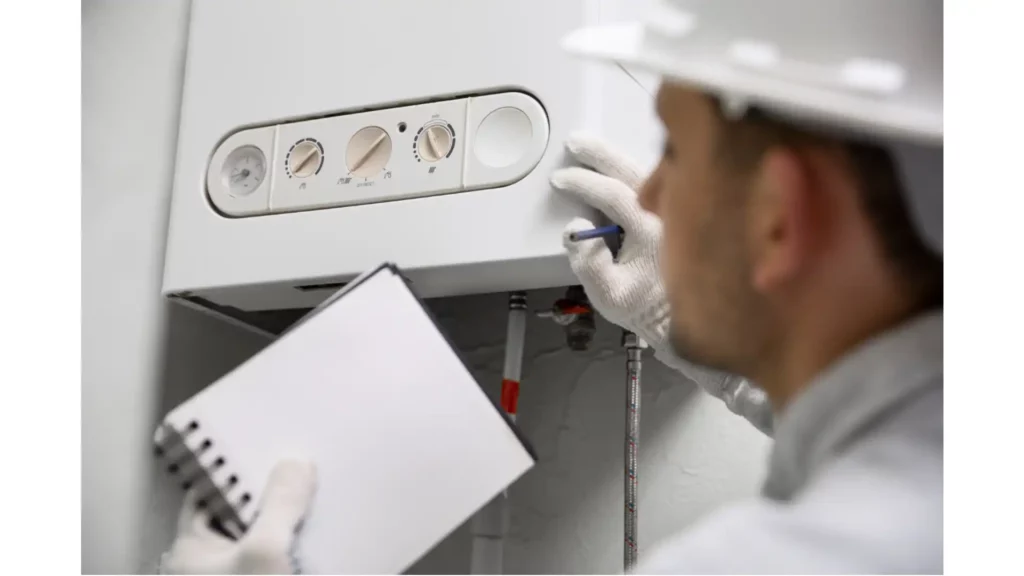
Comparing High Efficiency Power Vent Water Heaters to Other Types
To make an informed decision, it's essential to compare high efficiency power vent water heaters with other water heating options:
- Tankless Water Heaters: Tankless units provide hot water on demand and are known for their energy efficiency. However, they may struggle to meet high-demand situations simultaneously.
- Standard Tank Water Heaters: Traditional tank water heaters are less energy-efficient than high-efficiency power vent units but are often less expensive upfront.
- Heat Pump Water Heaters: These units use ambient air to heat water and can be highly efficient. However, they may not perform as well in colder climates.
- Solar Water Heaters: Solar systems are environmentally friendly but may have a higher initial cost and depend on weather conditions.
- Condensing vs. Non-Condensing: High efficiency power vent water heaters with condensing technology are generally more efficient than non-condensing models but may have a higher initial cost.
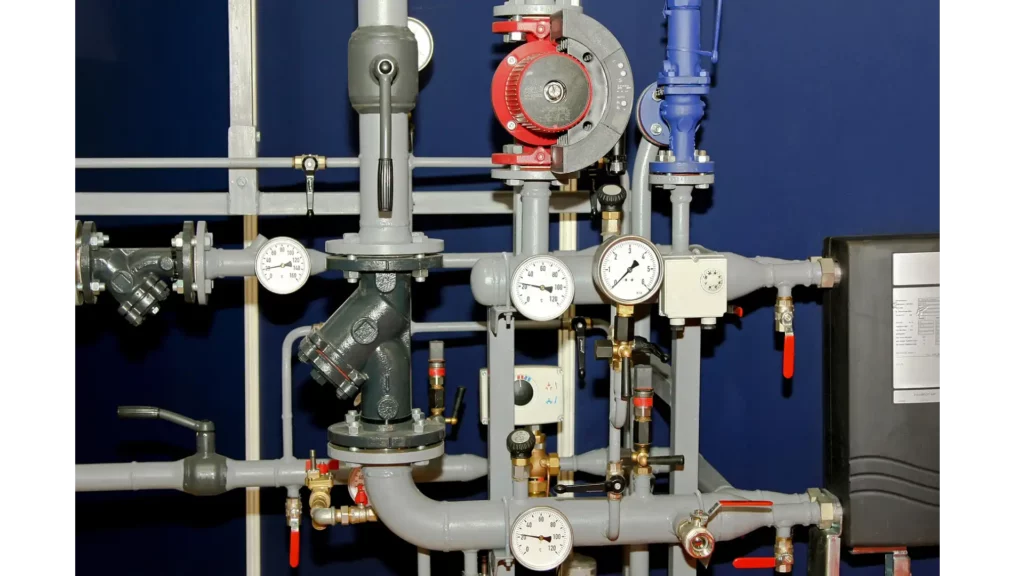
Frequently Asked Questions (FAQs): High Efficiency Power Vent Water Heater
What is a high efficiency power vent water heater, and how does it differ from a standard water heater?
A high efficiency power vent water heater is a type of tank water heater that uses power venting and condensing technology to maximize energy efficiency. It differs from standard water heaters by expelling combustion gases through a powered vent, capturing and utilizing heat from these gases, and reducing standby heat loss.
Are high efficiency power vent water heaters suitable for all homes?
While high efficiency power vent water heaters offer many benefits, they may not be the best choice for every home. Factors such as household size, hot water usage patterns, available space, and climate should be considered when determining suitability.
How do I choose the right size and capacity for a high efficiency power vent water heater?
To select the appropriate size and capacity, consider your household size, usage patterns, and the available space for installation. High efficiency units can recover more quickly, so you may require a smaller tank compared to a standard water heater.
Can I install a high efficiency power vent water heater myself, or should I hire a professional?
It is recommended to hire a professional plumber or HVAC technician for the installation of a high efficiency power vent water heater. Proper venting, gas or electrical connections, and compliance with local building codes are critical for safety and efficiency.
Do high efficiency power vent water heaters require special maintenance?
High efficiency power vent water heaters benefit from regular maintenance, such as flushing the tank to remove sediment buildup and checking the venting system for blockages. An annual inspection by a qualified technician is also advisable.
What kind of energy savings can I expect with a high efficiency power vent water heater?
High efficiency units can provide significant energy savings compared to standard water heaters. Their condensing technology and reduced standby heat loss can result in lower utility bills and a more environmentally friendly home.
Are high efficiency power vent water heaters environmentally friendly?
Yes, these units are environmentally friendly due to their energy-efficient design, reduced water waste, longer lifespan, and lower greenhouse gas emissions. Some models are even manufactured with sustainability in mind, using eco-friendly materials.
How do high efficiency power vent water heaters compare to tankless water heaters in terms of energy efficiency?
High efficiency power vent water heaters and tankless water heaters both offer energy efficiency benefits. However, high efficiency power vent units provide a consistent hot water supply, making them a suitable choice for homes with high hot water demand.
Can I use a high efficiency power vent water heater in a cold climate?
Yes, you can use a high efficiency power vent water heater in a cold climate. Some models are specifically designed to perform well in colder temperatures, ensuring reliable hot water supply even in harsh weather conditions.
Are there any rebates or incentives available for upgrading to a high efficiency power vent water heater?
Depending on your location, there may be federal, state, or local rebates or incentives for upgrading to a high efficiency power vent water heater. Check with your utility company or local government for potential savings opportunities.
High Efficiency Power Vent Water Heater Conclusion
Investing in a high efficiency power vent water heater is a wise choice for homeowners looking to enhance comfort, reduce energy consumption, and lower utility bills. By understanding how these units work, selecting the right size, and following proper installation and maintenance practices, you can enjoy the benefits of a reliable and efficient hot water supply.
In a world where sustainability and energy efficiency are becoming increasingly important, high efficiency power vent water heaters offer a practical solution for reducing your environmental footprint while enjoying the comforts of modern living.
Incorporating a high efficiency power vent water heater into your home is a decision that will not only benefit your immediate household but also contribute to a more sustainable and energy-efficient future.
Source
https://www.energy.gov/energysaver/selecting-new-water-heater

